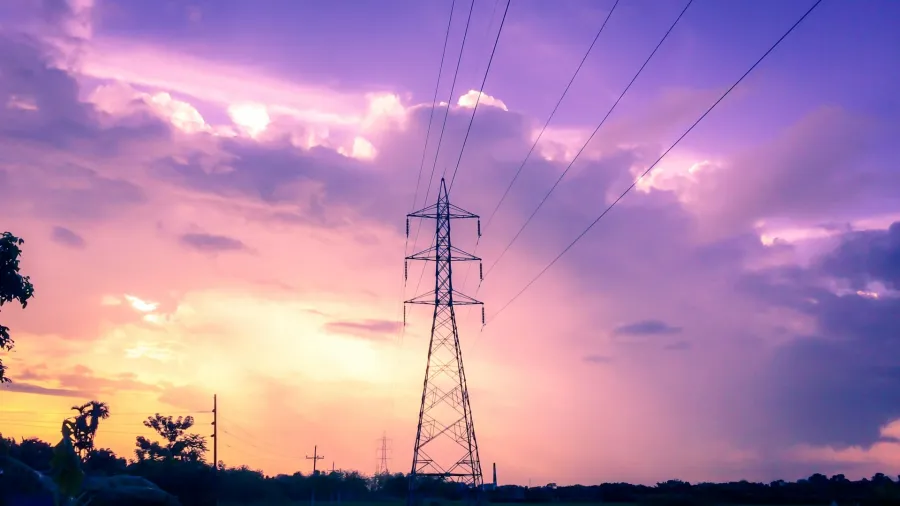
South Korea sees additional $17b in electricity costs due to fossil fuel reliance
LNG accounts for 26.8% of the country’s power mix.
South Korea’s reliance on fossil fuel especially liquified natural gas (LNG), along with the weak power market competitiveness and delayed energy transition, hiked electricity prices since 2022, resulting in an additional $17b in electricity costs.
In a report, the Institute for Energy Economics and Financial Analysis (IEEFA) said the increase in LNG prices, particularly during the Ukraine-Russia war, plays a vital role in determining the wholesale electricity market’s system marginal price, as it comprises 27.5% of the energy mix in 2022. It declined slightly to 26.8% in 2023.
The country’s total LNG fuel cost in the power sector is estimated at $25 billion in 2022, according to IEEFA.
ALSO READ: Offshore wind capacity in South Korea and Japan to surpass onshore installations
“South Korea has long pursued fossil fuel-oriented energy security under the strong belief that securing fossil fuels will guarantee stable and affordable electricity. Soaring fossil fuel prices, especially LNG, triggered sharp increases in both fuel costs and wholesale electricity prices,” said Michelle (Chaewon) Kim, IEEFA’s energy finance specialist, in South Korea.
Aside from this, IEEFA also noted that the wholesale power prices increase worsened the financial instability of state-owned energy utility Korea Electric Power Corporation (KEPCO).
IEEFA noted that KEPCO was required to sell its electricity to consumers at prices at a massive loss as the government maintained low end-user power tariffs to alleviate the inflationary impact of the global energy crisis.
“Low regulated prices aggravated KEPCO’s financial troubles, leading the company to issue more bonds, which are implicitly backed by the government, creating ‘Double Moral Hazard’,” Kim said, adding that one of the root causes of the company’s debs was the “artificially regulated power pricing mechanism.”
Meanwhile, the delayed energy transition has also contributed to the increasing climate-environmental tariffs.
Due to this, alongside the rising costs linked to the Renewable Portfolio Standard, Emission Trading System and coal-fired power reduction, KEPCO increased its climate-environmental surcharge cost to $0.0067 (KRW9) per kilowatt hour from $0.0054 (KRW7.3)/kWh in 2022. This results in around $3.2b (KRW4.3t) expenses for consumers in 2022, and $4.3b (KRW5.8t) in 2023.








![Cross Domain [Manu + SBR + ABF + ABR + FMCG + HBR + ]](https://cmg-qa.s3.ap-southeast-1.amazonaws.com/s3fs-public/styles/exclusive_featured_article/public/2025-01/earth-3537401_1920_4.jpg.webp?itok=WaRpTJwE)
![Cross Domain [SBR + ABR]](https://cmg-qa.s3.ap-southeast-1.amazonaws.com/s3fs-public/styles/exclusive_featured_article/public/2025-01/pexels-jahoo-867092-2_1.jpg.webp?itok=o7MUL1oO)









 Advertise
Advertise


